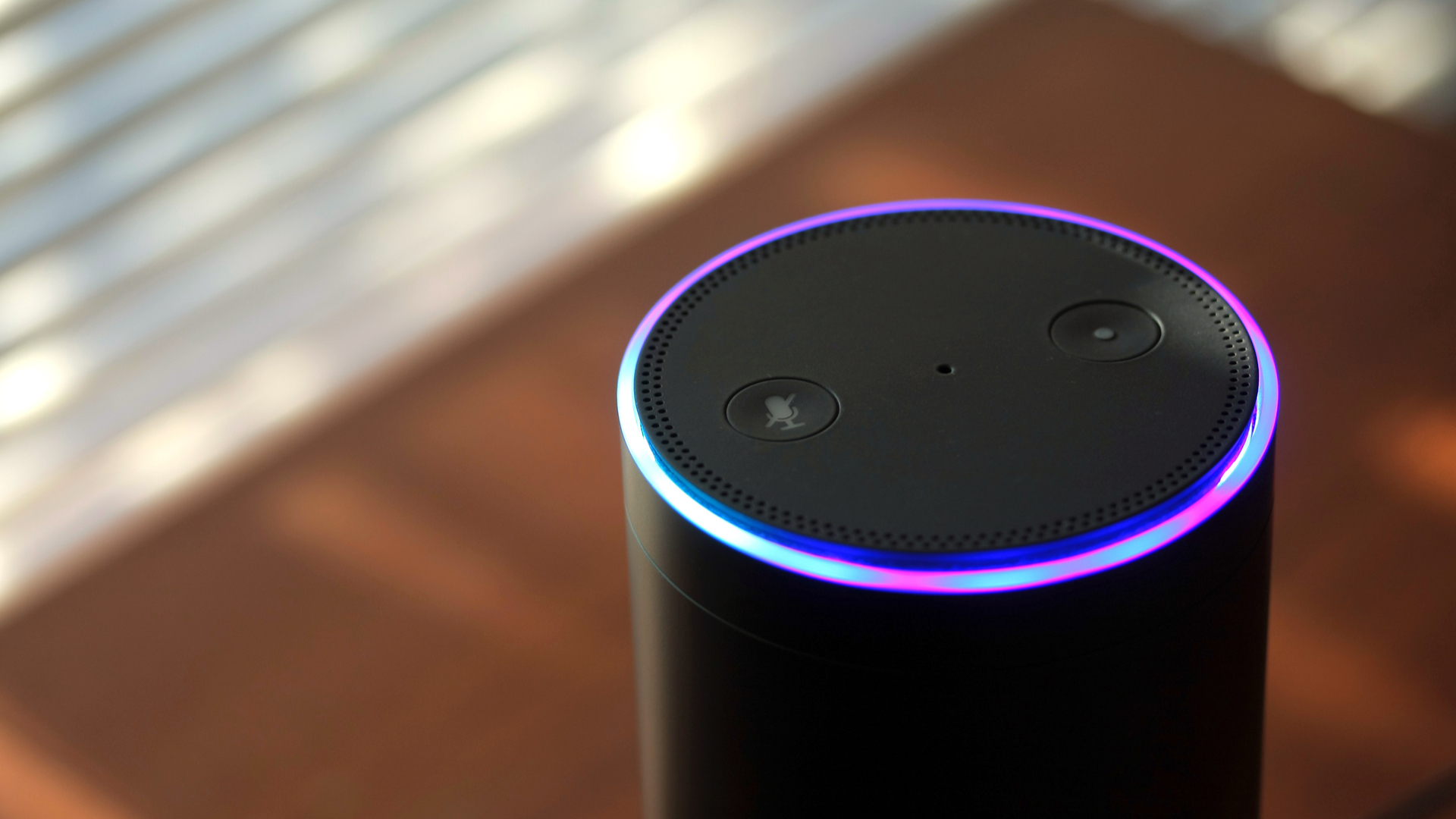NHS-Alexa partnership ‘data protection disaster waiting to happen’
Health data will feed into Amazon's voice assistant but concerns mount over the fate of patient recordings


The Department of Health and Social Care (DHSC) has entered into an open collaboration with Amazon to feed sensitive data into the software powering its Alexa virtual assistant.
With access to information held on the NHS website, the government hopes the artificial intelligence (AI) algorithm used by Alexa could generate more accurate guidance for individuals who make voice requests.
The widespread use of this technology, in turn, could potentially reduce the pressure on NHS clinicians and GPs by giving patients access to remedies for common illnesses. Example queries, the government has said, include: "Alexa, how do I treat a migraine?" and "Alexa, what are the symptoms of chickenpox?"
While the government has heralded the move as an example of pure clinical innovation, privacy campaigners have highlighted the data protection risks associated with integrating sensitive health queries with a commercial entity.
The shadow culture secretary and digital rights campaigner Tom Watson MP, for example, branded the move "the beginning of Mission Creep".
"The giant data monopolies want one thing: more and more data to drive their huge profits," Watson said. "Entrusting Amazon's Alexa to dispense health advice to patients simply opens the door to the holy grail - our NHS data."
Concerns around the move primarily centre on how patients' records are to be stored, for what purposes, and whether these will be exploited commercially. However, the health secretary Matt Hancock MP insisted the data is not commercialised, and that it will be encrypted.
Sign up today and you will receive a free copy of our Future Focus 2025 report - the leading guidance on AI, cybersecurity and other IT challenges as per 700+ senior executives
"There are millions of people who have Alexa in their home, and they turn to Alexa and ask Alexa for medical advice," Hancock said in an interview with the BBC's Today Programme.
"I want the very best advice on Alexa and I want the very best advice on other tech platforms too. Providing the NHS advice which, of course, is provided for free, is because we want to make sure when people ask for medical advice they get the best advice.
"The privacy element of this is very important and there's a clear protocol in place that Amazon has, and indeed that we have within the NHS for the storage of data.
"But the data point, really, that has to be dealt with, but it can't take away from using modern technology so that if people want to they can get the very best advice, as well, of course, as always being able to see your GP face to face if you'd like."
Also speaking with the BBC, privacy group Big Brother Watch branded the move "a data protection disaster waiting to happen".
"Any public money spent on this awful plan rather than frontline services would be a breathtaking waste," its director Silkie Carlo said. "Healthcare is made inaccessible when trust and privacy is stripped away, and that's what this terrible plan would do."
Amazon has argued against these suggestions, indicating the information is not shared with third-parties or fed into what could amount to individual health profiles for customers. Moreover, the company says it enforces multi-factor authentication to restrict access, as well as encrypting the data.
The move forms part of the NHS' long-term plan for digital transformation across the entire health service. A report published earlier this year highlighted the need to implement more technologies within the NHS, as well as boost digital skills across the organisation.
"Customer trust is of the utmost importance, and Amazon take privacy seriously," a company spokesperson said.
"Customers are in control of their voice history. They can review and delete voice recordings in the Alexa App or by visiting amazon.co.uk/privacy. They can also opt-in to "delete what I just said" or "delete what I said today".
The NHS remains in discussions with other tech companies over the use of feed health data into the software powering rival voice assistants, like Microsoft's Cortana.

Keumars Afifi-Sabet is a writer and editor that specialises in public sector, cyber security, and cloud computing. He first joined ITPro as a staff writer in April 2018 and eventually became its Features Editor. Although a regular contributor to other tech sites in the past, these days you will find Keumars on LiveScience, where he runs its Technology section.
-
 I couldn’t escape the iPhone 17 Pro this year – and it’s about time we redefined business phones
I couldn’t escape the iPhone 17 Pro this year – and it’s about time we redefined business phonesOpinion ITPro is back on smartphone reviews, as they grow more and more intertwined with our work-life balance
-
 When everything connects, everything’s at risk
When everything connects, everything’s at riskIndustry Insights Growing IoT complexity demands dynamic, automated security for visibility, compliance, and resilience